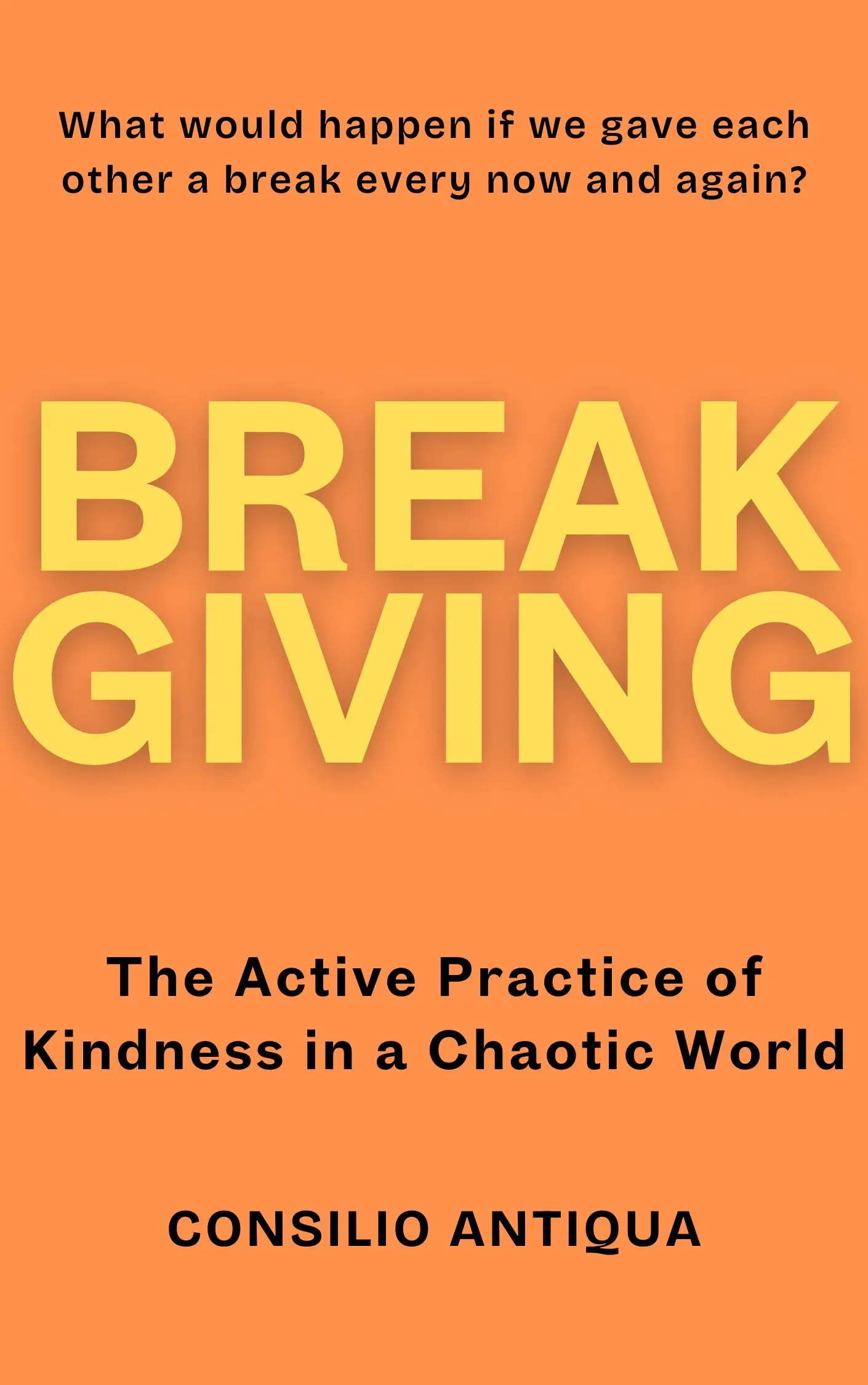
Breakgiving | Chapter Biography: Eleanor Roosevelt
Chapter Biography: Eleanor Roosevelt
Eleanor Roosevelt, a name synonymous with grace under pressure and a quiet tenacity that shook the foundations of societal norms, stands as a testament to the enduring power of human compassion. Her life, a tapestry woven with threads of personal hardship and unwavering dedication to human rights, offers a profound example of Breakgiving—a practice of extending empathy, offering grace, and fostering understanding in a world often characterized by conflict and division.
Born into a world of privilege yet marked by early loss, Eleanor’s life was far from easy. The absence of her parents during her formative years left a lasting impression, shaping her deep-seated empathy for those facing adversity. She learned early that life could be capricious, that hardship could strike without warning, leaving individuals vulnerable and in need of understanding. This understanding became the cornerstone of her actions throughout her life, a wellspring from which she would draw for her advocacy and her personal interactions.
Her role as First Lady during a period of great societal change was in itself a challenge. It was an era defined by rigid social expectations, yet Eleanor refused to be confined by tradition. She broke with convention, using her platform to champion the rights of the marginalized and to call for a more humane society. Her actions were not born of arrogance or a need to disrupt, but rather from a deep-seated belief in the inherent dignity of every person. She recognized the shared humanity that bound all people together, regardless of background, ethnicity, or circumstance.
Her work with the newly formed United Nations became the stage for her most profound contributions. She was instrumental in drafting the Universal Declaration of Human Rights, a document that championed the fundamental rights of all individuals. It was a document that recognized that each person, regardless of their status or origin, deserved a break from oppression and a chance to live with dignity. This work required immense patience, a willingness to navigate complex political landscapes, and a constant negotiation between diverse viewpoints. It was a testament to her capacity to give others a break, to see beyond the surface of differences, and to understand the root causes of conflict.
What drove her tireless advocacy? Perhaps it was the memory of her own struggles, the times when she felt unseen, unheard, or dismissed. Did she, in those moments, yearn for a break—a moment of understanding, a space for her voice to be heard? Her life suggests that she did. And through this deep understanding, she extended a similar grace to those whom society had overlooked. The act of giving a break, she must have realized, wasn't a weakness but a potent catalyst for positive change.
Eleanor’s life reveals that the practice of Breakgiving extends beyond simply offering kindness. It requires a willingness to engage actively with the world, to understand the intricacies of human experience, and to see the complexity in others' actions. It is within this complexity that we discover the root causes of conflict—the fears, prejudices, and anxieties that often lead to division.
It wasn’t always easy. The path of advocating for human rights is often fraught with opposition and dissent. Yet, she never wavered in her commitment to offering grace—a break from the harsh judgments that can so easily dominate human interactions. She understood that forgiveness, too, played a vital role, allowing for the possibility of growth and healing. Her own ability to let go of personal resentments, to look past the flaws and failings of others, reveals the intrinsic power of offering others a break—a chance to mend, to learn, and to grow.
Perhaps the most enduring lesson from Eleanor’s life lies in her recognition of the interconnectedness of individual actions and societal change. She understood that while individual acts of compassion can make a difference, true change often requires collective action. Through her work with the UN, she sought to create a world where the inherent dignity of every person was recognized, a world where everyone had the opportunity to thrive. Her actions remind us that giving others a break is not just a personal choice but a responsibility we share in shaping a more equitable and compassionate society.
Eleanor Roosevelt’s legacy continues to resonate today, a guiding light in a world that often feels fragmented and divided. Her life offers us a powerful example of Breakgiving in action—a reminder that extending empathy, offering grace, and making room for complexity are not merely acts of kindness but essential ingredients for building a more humane world. In a world where differences too often lead to conflict, her life is a beacon, a gentle reminder that even in the face of adversity, we can choose to see the inherent dignity in each other, to offer a break, and to create a space where understanding and compassion can flourish.
Do we, in our daily lives, truly see others with the same degree of compassion that Eleanor demonstrated? Can we, in the midst of conflict, find the grace to offer a break—a chance to breathe, to heal, and to grow? Are we willing to engage with the complexities of human experience, acknowledging the multifaceted nature of others’ actions and motivations? The questions Eleanor’s life poses are not easily answered, but they are questions that deserve our careful consideration. For it is in our willingness to give others a break, to extend grace and understanding, that we pave the way for a future where conflict can be replaced with collaboration, and where the inherent dignity of each person is recognized and upheld.
